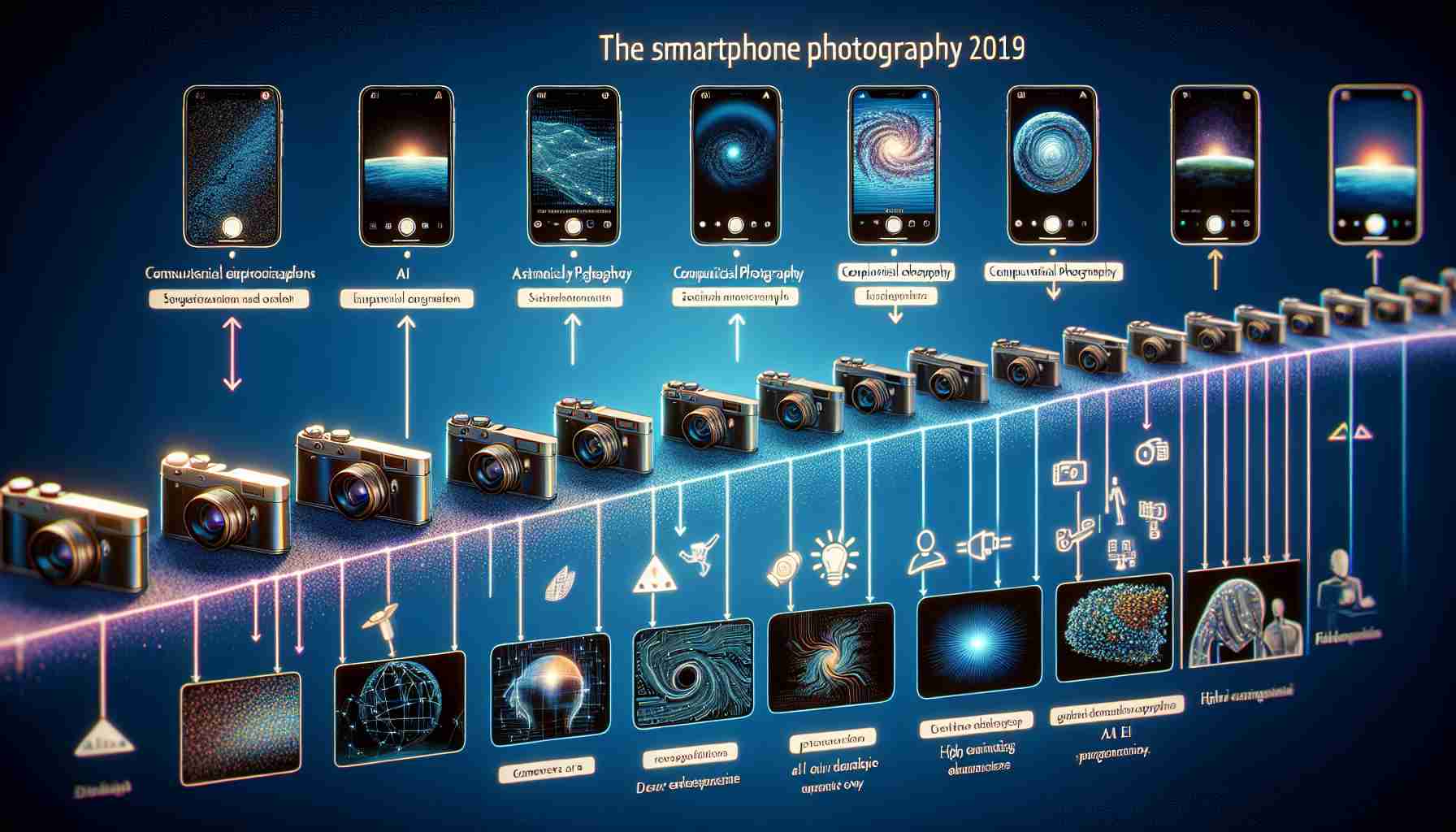The transformation of smartphone technology in recent years has been particularly noteworthy within the realm of photography. The implementation of artificial intelligence (AI) has turned smartphones from mere communication tools into sophisticated photographic devices that can stand toe-to-toe with professional photography equipment. This article delves into how AI is revolutionizing mobile photography, the latest innovations in this field, and what the future may hold.
Enhancements brought by AI in mobile photography largely appear in the form of automating intricate processes such as focusing, exposure, white balance, and scene recognition. AI in smartphones analyzes the image in real-time, adjusting camera settings to the existing lighting conditions, ensuring well-exposed and sharp images consistently.
Advancements in mobile cameras now include AI capabilities that bring even more sophisticated features to the table:
– Portraits with Bokeh Effect: Artificial intelligence can now analyze a scene’s depth, blurring the background to create the bokeh effect, which is typically associated with DSLR cameras.
– Night Photography: Night modes on smartphones use AI to enhance camera performance in low light, reducing noise and improving details and overall brightness.
– Scene and Object Detection: AI can identify objects and scenes—like beaches, food, or animals—and automatically adjust settings to capture the best results.
What the future holds for mobile photography suggests that AI’s progression in this arena is far from over. Future innovations may include advanced image-processing algorithms that replicate the styles of renowned photographers or adapt settings according to a user’s personal preferences. Furthermore, we may witness the marriage of AI with augmented reality (AR) technologies, paving the way for new creative photography possibilities.
The development of artificial intelligence has granted mobile photography new horizons that were previously unreachable. Thanks to AI, smartphones are increasingly becoming self-sufficient photographic tools, allowing the creation of high-quality images without the need for bulky gear. The future of mobile photography looks bright, and continual innovations are sure to bring even more intriguing features.
Important Questions and Answers:
Q: How does AI contribute to advancements in smartphone photography?
A: AI contributes by automating complex photographic processes such as adjusting focus, exposure, and white balance, as well as scene and object recognition. This results in consistently better photographs, even in challenging conditions like low light.
Q: What might future developments in AI-powered mobile photography look like?
A: Future developments could include even more sophisticated image-processing algorithms, personalized adjustments based on user preferences, and integration with augmented reality (AR) for new creative photographic options.
Key Challenges and Controversies:
Privacy Concerns: AI in photography may involve recognizing and storing personal information, leading to privacy issues.
Authenticity and Artistry: There’s a debate about whether AI-assisted photographs diminish the artistic value of photography by automating creative processes.
AI Bias: AI systems can inherit biases present in their training data, which could affect scene and object recognition unevenly across different cultures.
The Advantages and Disadvantages of AI in Smartphone Photography:
Advantages:
– Enhanced image quality, even for amateur photographers, due to AI optimizations.
– The ability to capture quality photographs in diverse conditions, such as low light environments.
– AI offers features like bokeh effect and scene recognition, previously exclusive to professional equipment.
Disadvantages:
– Potential reduction in the need for learning photographic skills, possibly leading to a decline in traditional photography techniques.
– Over-dependence on AI may result in a loss of manual control and customization for experienced photographers.
– AI could introduce biases, errors, or ethical concerns, particularly around privacy and data security.
Related Links:
– For more on AI technology: IBM
– For information about smartphone advancement: Apple or Samsung
– For a guide to mobile photography: National Geographic
Please note, these links are provided with the assumption that their domains’ main pages will remain relevant to the topic and valid as resources, but they should be visited and evaluated for the latest information and content.

